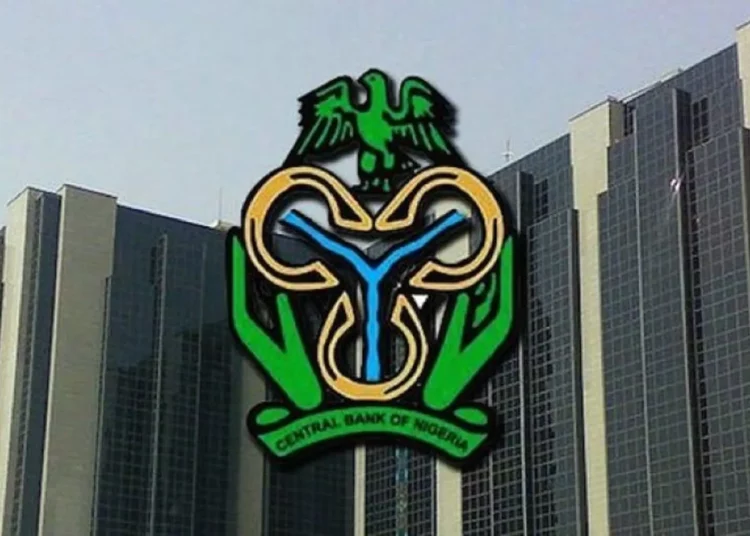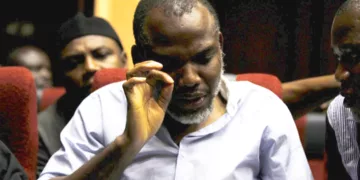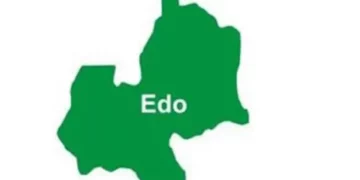Nigeria’s external reserves have hit a five-year high of $43.4 billion, as the Central Bank of Nigeria (CBN) assured foreign investors that the government will sustain reforms to unlock opportunities for long-term growth and economic stability.
Speaking at the Nigeria Investors Forum on the sidelines of the 2025 World Bank/IMF Annual Meetings, CBN Governor, Olayemi Cardoso, said the apex bank and the Ministry of Finance were working in close coordination to provide clarity, stability, and confidence to investors.
“The Central Bank and the Ministry of Finance have been working hand in hand to ensure alignment, stability, and clarity for investors. Nigeria’s focus remains clear, strengthening our fundamentals, advancing reforms, and unlocking opportunities for sustainable investment and growth. We are encouraged by the progress made so far and remain confident that ongoing reforms are laying a stronger foundation for a more resilient economy,” he stated.
Speaking to investors, CBN Deputy Governor, Mohammed Sani Abdullai, disclosed that the reforms have significantly improved foreign exchange liquidity. Monthly turnover in the forex market has surged 56.4 per cent, rising from $5.5 billion in 2024 to $8.6 billion in 2025, while the external reserves now cover 11 months of imports, a level not seen in half a decade.
“Over the last two years, we’ve focused heavily on improving foreing exchange flows into the economy, and the results are clear. Capital flows, which collapsed by over 75 per cent in 2019–2020, have rebounded. We are now net buyers in the market, and we’ve released almost $13 billion back to local and international banks to allow for organic reserve growth. Today, our financial markets are deeper, more transparent, and more resilient to global shocks,” he stated.
Speaking on the government’s commitment to economic diversification and infrastructure development, Special Adviser to the President on Finance and the Economy, Sanyade Okoli, said Nigeria was targeting seven per cent GDP growth by 2027–2028, underpinned by strategic partnerships with the private sector and development institutions.
“For 2025, we’re forecasting 4% growth, rising to 5% next year. Q2 already recorded 4.3% growth, the highest in recent times. Our economy is diversifying: 13 sectors are growing above 7%, oil’s contribution to GDP has fallen to 4%, and dependence on oil exports has reduced to 57.5% in the first half of 2025,” Okoli said.
She added that the government was accelerating infrastructure investments through public-private partnerships. She noted that on power, a $32 billion initiative with the World Bank and African Development Bank was aimed at improving access and reliability, while digital infrastructure projects will deliver 90,000 kilometres of fibre-optic coverage to strengthen connectivity for Nigeria’s young population.
“The focus now is on inclusive growth that comes with high-quality jobs. Nigeria is a huge and youthful nation, and we need to ensure that we are rapidly generating the kind of jobs required to keep our youth productively engaged. We’re building blocks in four areas: continued pursuit of macroeconomic stability, improving governance and regulatory frameworks to attract investment, investing in infrastructure, and improving access to capital, both debt and equity, to stimulate the economy,” Okoli added.





